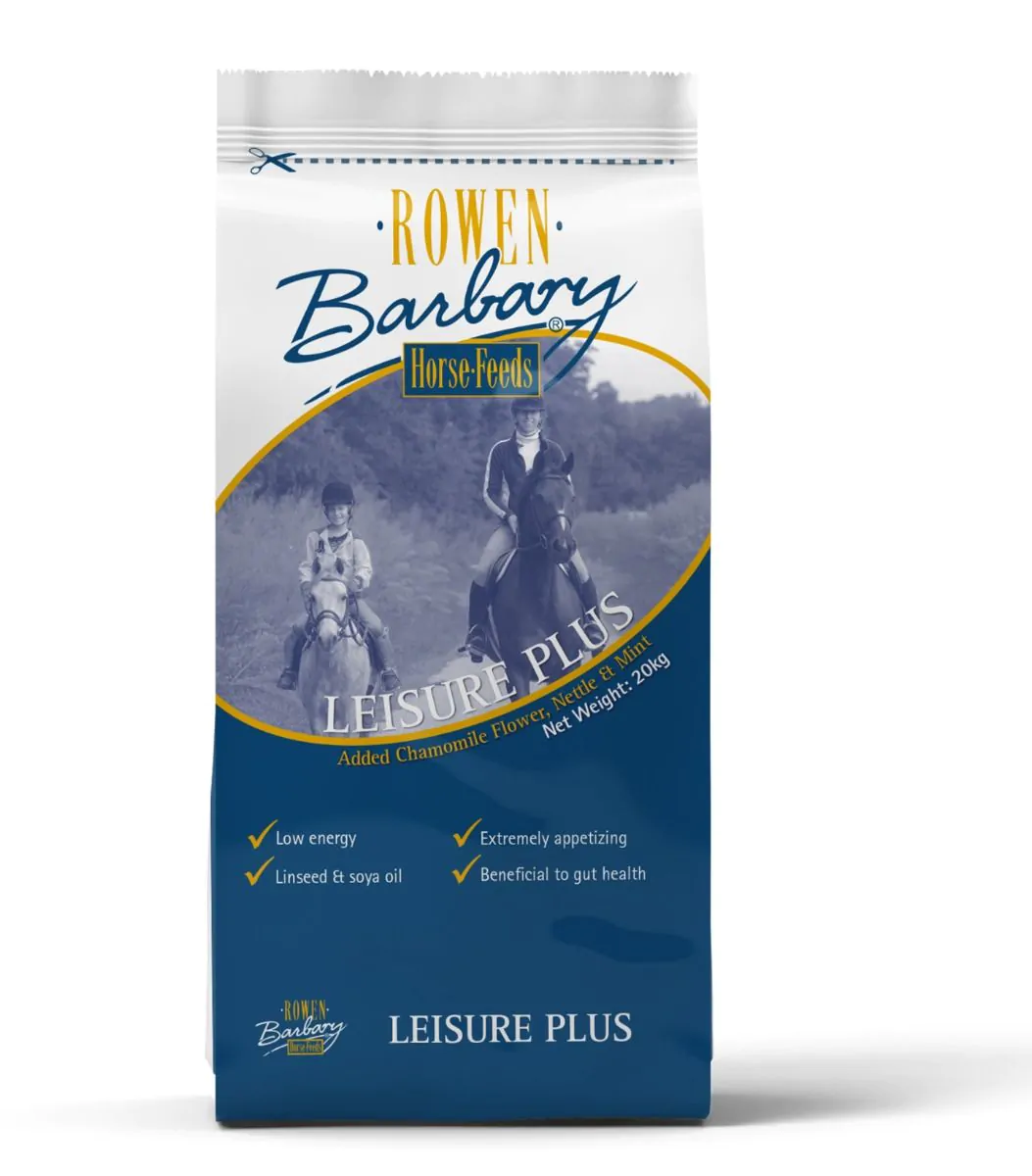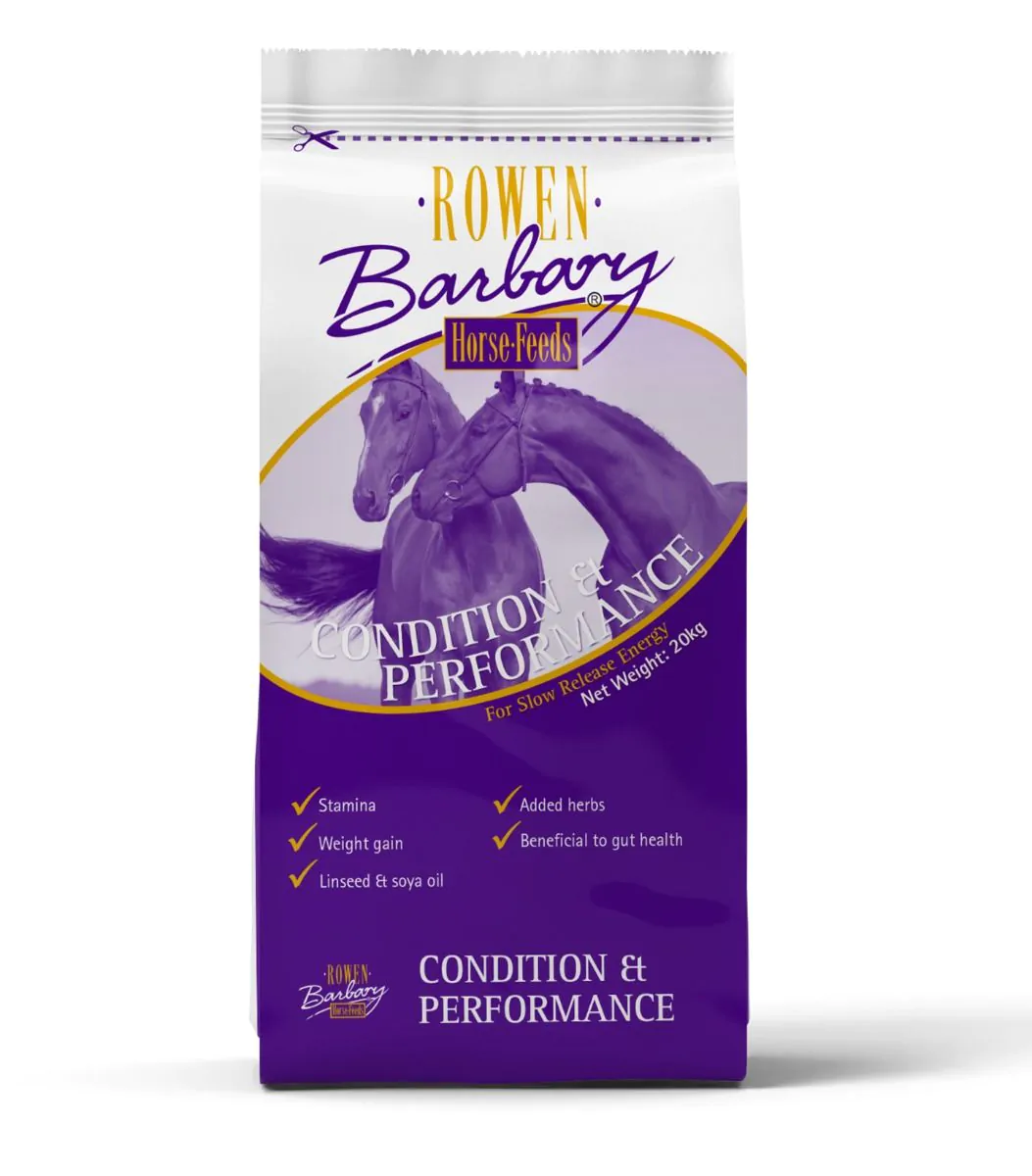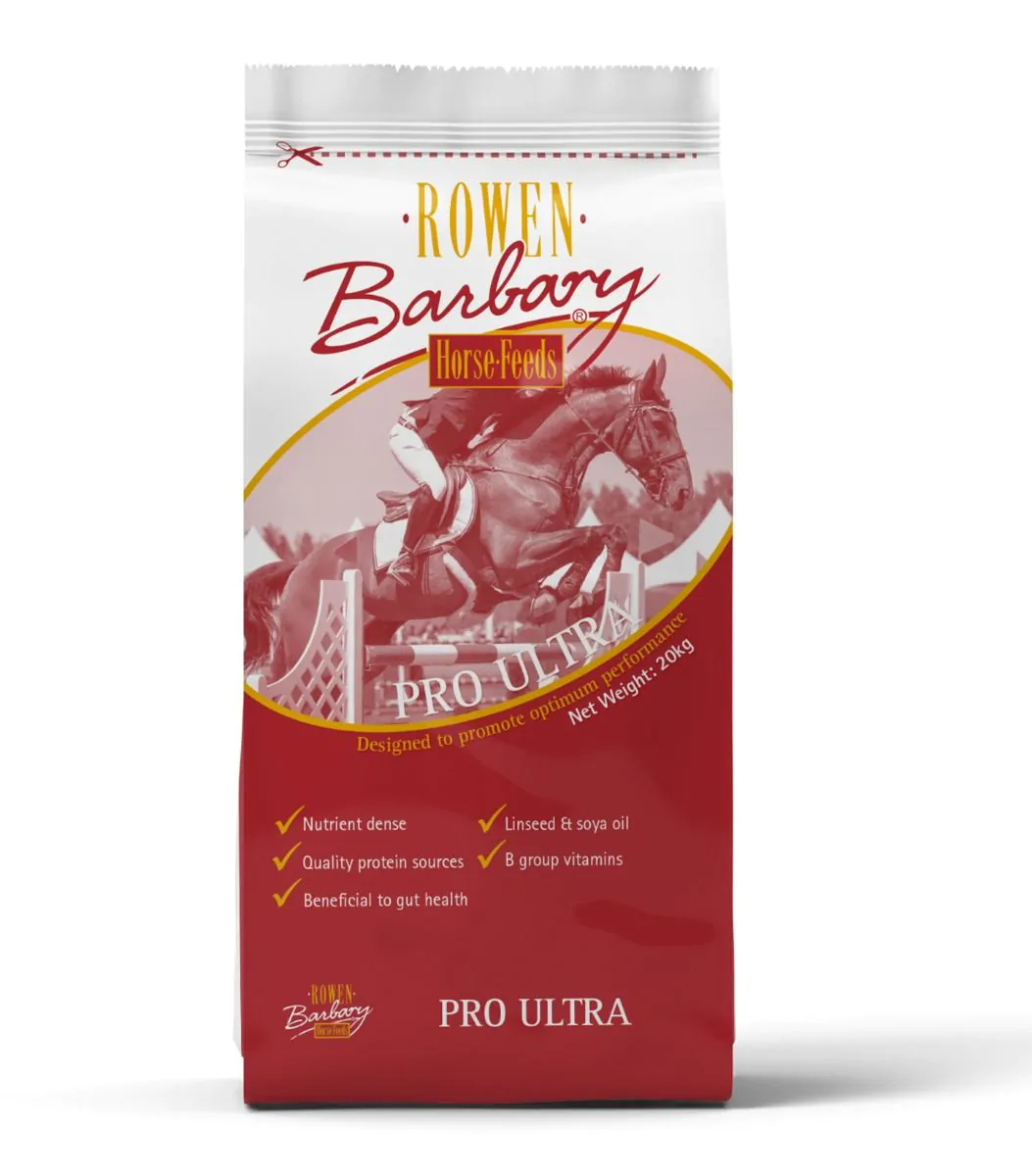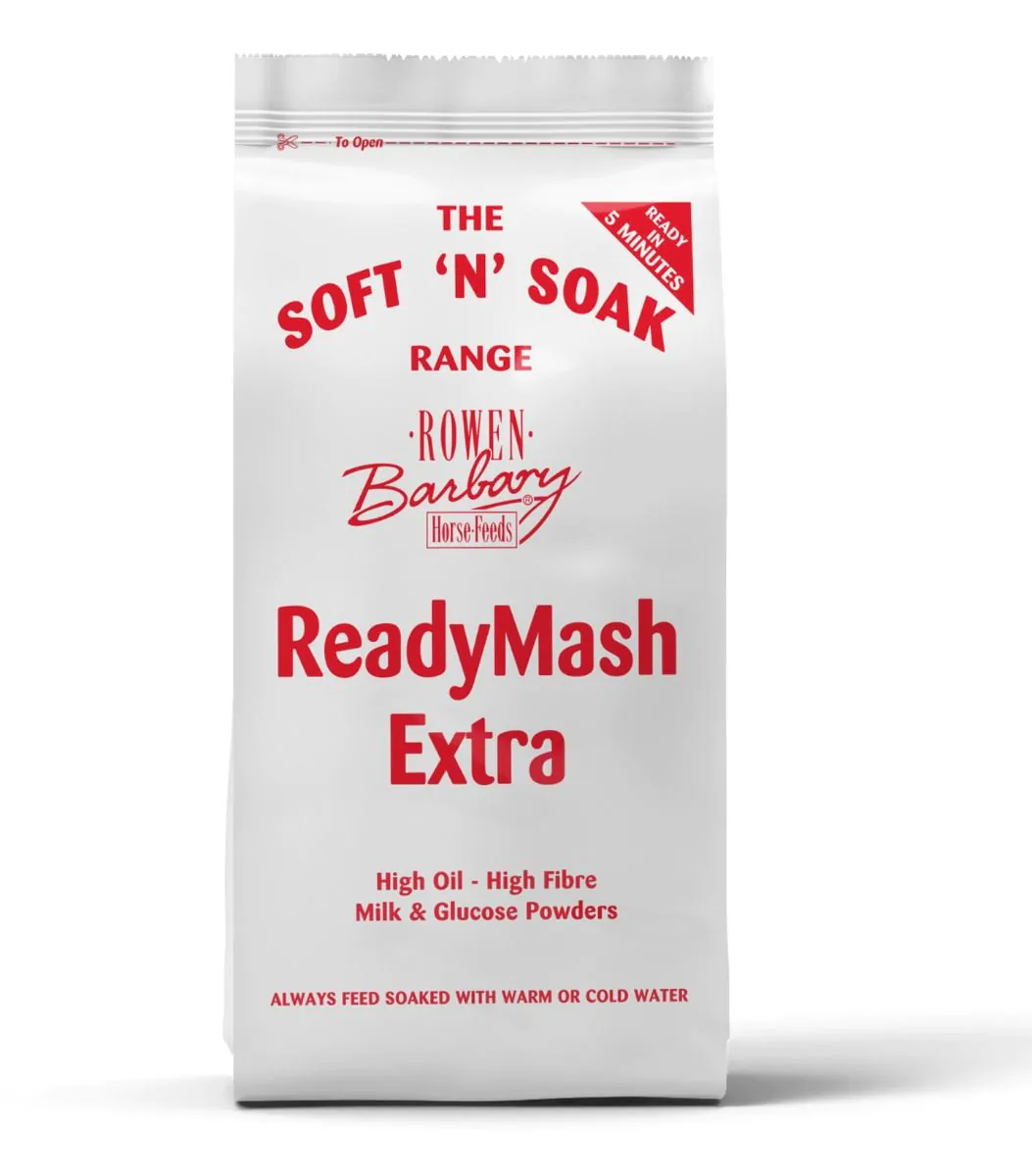- 28th August 2019 by Rowen Barbary
Feeding a Competition Horse
The nutritional requirements of the competition horse vary greatly depending upon the type and intensity of work being performed but the importance of correct nutrition can not be over emphasized as diet can have a significant affect on performance.
Meeting Basic Demands
No matter what level a horse is competing at it is vital that fibre in the form of good quality hay, haylage or grass remains at the forefront of the diet. Not only will this help to ensure a healthy hind gut but it will help to reduce the incidence of stereotypic behaviour, as well as the likelihood of gastric ulcers and colic which are not only harmful to the horse, but can affect performance.
All horse should receive adequate amounts of vitamins and minerals in the diet but studies have shown that competition horses on low fibre, high starch diets may be deficient in B vitamin production due to the stress and the excitement of competition days. B group vitamins are vital for enzyme function and for fat, protein and carbohydrate metabolism as well as being required for the formation of blood cells so are vital for performance horses.
Regardless of the level or the type of work being undertaken the biggest factor affecting sound muscle development, coat and body condition of the competition horse is the type and quality of protein that the horse is receiving from his diet. Certain amino acids including lysine and threonine are major components of muscle protein and are essential for growth, muscle development and repair. Protein is particularly important to help encourage overall muscle tone and development helping improve topline.
Energy Requirements
In the early stage of a fittening programme fibre alongside a low energy feed that supplies adequate amounts of vitamins and minerals are quite often all that is required. However, as the horses workload increases so does the horses energy requirements so the diet must be supplemented with additional sources of energy and nutrients to help meet these increased demands.
The energy requirements of the horse are dependent upon a number of factors including the level and intensity of the work being performed, temperament, the individual horses metabolism, temperature and management. Too much energy and the control and concentration may be lost, too little energy and the horse may lack the power and impulsion required to perform at its best.
If you have a horse that tends to be naturally very forward going or can become easily excitable a high fibre, high oil diet should be fed. These types of horses will often initially perform well but will often lack the stamina required. Adding oil to the diet will provide an excellent source of slow release energy helping improve stamina and promote sustained performance. For horses that are naturally laid back cereals can be added to the diet to help provide that instant fast release energy, this is useful for horses undertaking short sharp bursts of work. However, a horse in hard or intense work will need a combination of energy sources including fibre, oils, protein and cereals to meet the demands of work.
Hydration & Electrolytes
It is important that a horse has free access to water at all times, with many competition horses arriving at an event already in a mild state of fluid and electrolyte depletion from the muscular work of travelling. Intensive exercise can cause many horses to sweat substantially which can lead to water and electrolyte deficiencies that can result in fatigue, decreased performance, dehydration, muscle cramping and other problems.
Many horses will benefit from additional electrolyte supplementation which will help to maintain fluid and electrolyte balance and offering a small feed with lots of water added to it will help increase water intake for horses that can be reluctant to drink at competitions.

About Rowen Barbary
All manufacturing at Rowen Barbary is carried out in a state of the art mill located in the heart of the Shropshire countryside. We use only the highest quality ingredients sourced, where possible, from local farms before they are blended by our dedicated team in our UFAS audited mill.
Rowen Barbary also conforms to BETA NOPS guidelines with raw materials & finished feeds regularly laboratory tested to ensure that every bag of feed continues to meet not only ours, but also your high standards.
We Recommend...





